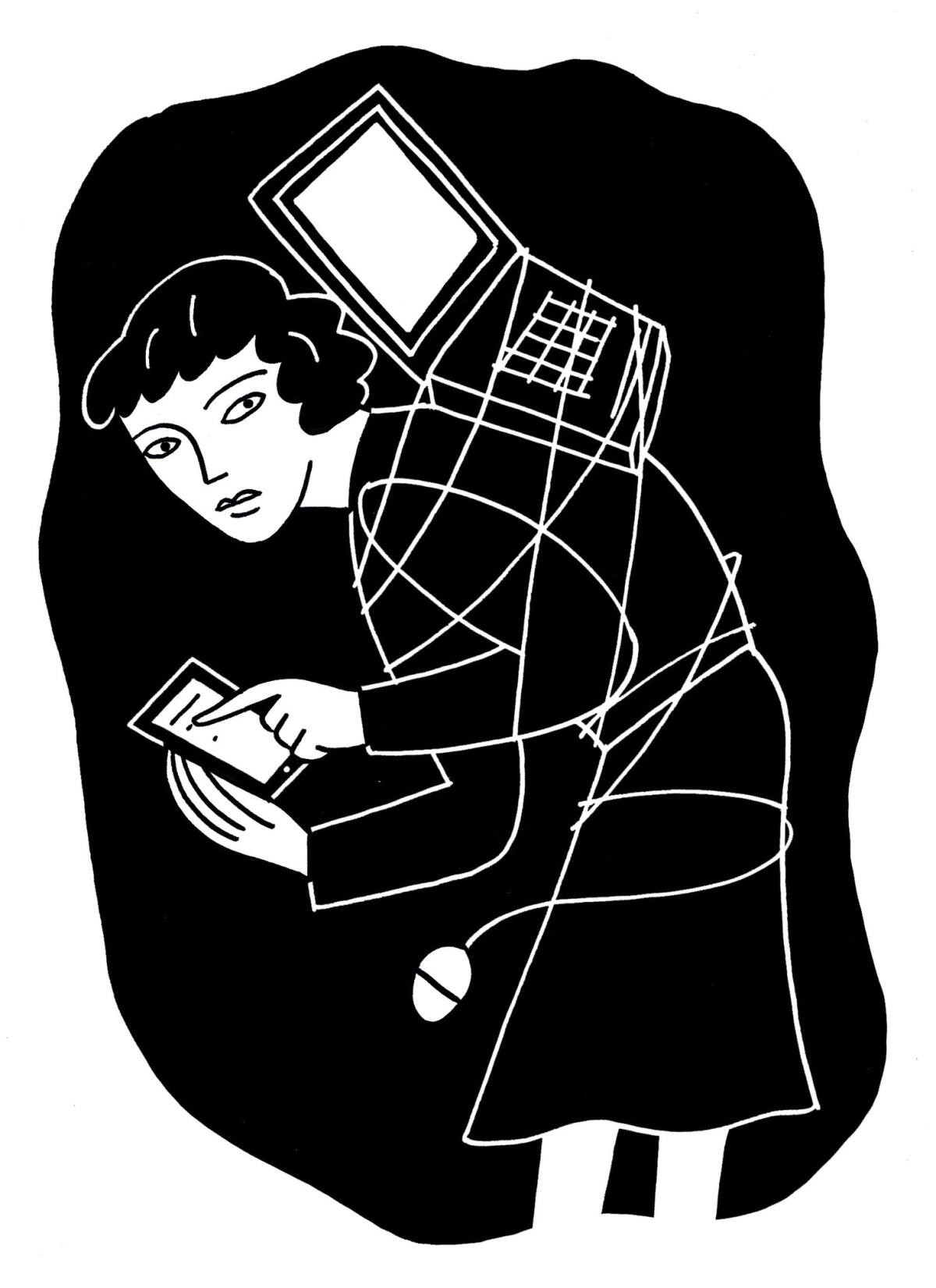Online cretins are out there, but do they have to keep reminding us?

- Share via
My colleague Patt Morrison posted a blog item Tuesday that tapped into a current of revelations about the horrendously offensive and threatening emails women with high online profiles receive from misogynist men (Amy Wallace recently wrote here about her experiences, as did Amanda Hess here).
The emails Morrison and these other highly respected professionals receive are rife with name-calling, something all journalists receive, especially if we write about politics or race. The emails men receive, though, almost never include gender-specific insults (though some are homophobic or question levels of masculinity).
Men as a rule also don’t get threatened with rape, or receive descriptions of horror-film sex-torture retributions the emailer promises to deliver just because we have taken a public stance on something. And naturally, many of the threats come anonymously, or through fake email accounts, adding a layer of cowardice to the venality of the commenters’ imaginations and impulses.
We all know the online world can be a wild and woolly place, but its role as a conduit for hate-filled expressions aimed at intimidating public discourse has been a surprising, and regrettable, evolution. And what it reveals about a slice of the male character is chilling.
Colleague Robin Abcarian wrote Tuesday about the abusive pre-Internet snail-mail she used to receive, pointing out that “the cretins have always been out there.” But the advent of email seems to have greased the skids and emboldened those cretins. There’s no envelope to address, no stamp to buy, no mailbox to find. Spit a little venom, click and send, and moments later the recipient gets a ping from her computer. (I wonder if an email tool can be applied to have a voice say, “You have misogyny!”?)
It’s this ease of communication that seems to have unleashed the dogs and removed personal filters. It has warped how some view appropriate expression and personal interaction. A number of years ago, after I wrote a now-forgotten article for The Times, I received a scathing, excoriating email from someone via a university email address. My personal policy then, as now, is to spike offensive emails or those that constitute little more than an ad hominem attack. Yet this one, beneath the invective, raised a point that I thought deserved addressing.
So I responded to the emailer’s underlying point and then wrote something to the effect that I usually ignore such venom-filled communications but thought his question merited a reply. Next time, I suggested, he might frame it with more civility.
The writer replied with an effusive apology, and he had a curious explanation: He thought he was posting a comment on an article, not emailing me directly. Had he realized it was an email, he said, he wouldn’t have personalized the attack. Which raises an interesting dichotomy: This person who wouldn’t have intentionally insulted me in a private conversation was perfectly happy to do so in a place where anyone in the Internet-connected world could see it.
This would be the moment to call for a little more reflection on the nature of communication and discourse, both public and private, and for more civility. It would do no good, though. As Abcarian wrote, the cretins have always been out there. But do they have to keep reminding us?
ALSO:
Stop the foot-dragging on climate change
Sex With Glass app promises a brave new naked world of ... humiliation
Follow Scott Martelle on Twitter @smartelle
More to Read
A cure for the common opinion
Get thought-provoking perspectives with our weekly newsletter.
You may occasionally receive promotional content from the Los Angeles Times.










